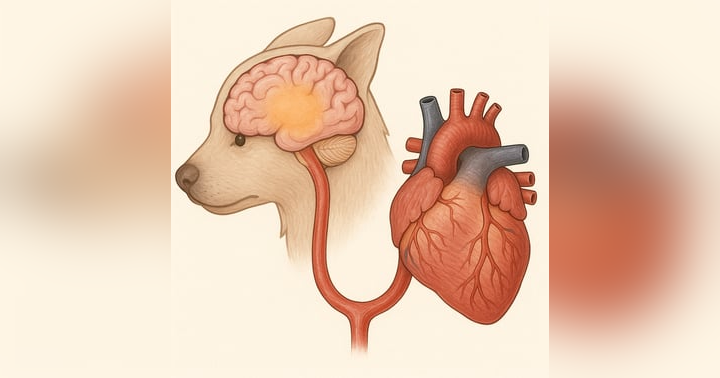Two Other Reasons Why an ECC Clinic Might Want to Keep Some Desmopressin on the Shelf

From episode 121 on the ECC stream. With Prof Kate Hopper
When we recorded this masterclass on treating patients with sodium abnormalities Prof Kate mentioned that you can use desmopressin to prevent sodium levels from coming up too fast when you’re trying to fix a severe hyponatraemia. I nodded along like I knew what she was talking about. And then, as soon as we stopped recording, I went down a Google rabbit hole to remind myself what desmopressin is. Here’s what I learnt, including some cool uses for it:
It’s a synthetic analogue of the natural occurring hormone vasopressin, which (and this always confuses me!) is the same thing as antidiuretic hormone, or ADH.
We could have an entire textbook chapter on ADH, but in terms of therapeutics, you’d know vasopressin as a vasopressor for use in vasodilatory shock, because it constricts blood vessels very effectively. (Presses the vasos…)
Desmopressin, on the other hand, you might recognise as the drug we use to treat central diabetes insipidus. (Recall that central DI is where the body cannot produce sufficient ADH, leading to PU/PD.)
Note that desmopressin lacks the vasoconstrictory effects of naturally occurring vasopressin.
Are you with me so far? Good. Now, two uses beyond DI for desmo:
Like Prof Kate said: You’re trying to slowly bring up the hyponatraemic patient’s sodium to prevent sudden brain shrink. But when you check electrolytes an hour later the sodium has shot up much faster than you want. Crap! No worries - give it some desmopresson so that the kidneys hold back more free water, thereby quickly diluting that sodium again.
Von Willebrand’s disease! I can’t find out why, but randomly desmopressin can also increase levels of von Willebrand’s factor. So when that Doberman’s emergency surgery is going horribly messy, desmo might get you out of trouble!
(Random fact - in human med they also use desmo for bad bed wetting. Keep that in mind for when you get older!)
For more clinical pearls, sign up for our free weekly Newsletter, or get all of our content on the go with our Clinical Podcasts.





